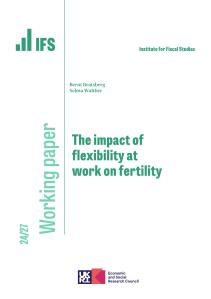This paper analyses the effect on the capital stock and growth rate of policies that allow banks to have monopoly power.
Monopoly power allows banks to impose a spread between the deposit and loan rate. This depresses the capital stock by reducing the amount of saving by individuals and by increasing the cost of investment to firms.
Two further issues are looked at:
1. A government imposed cost of intermediation leads to a lower capital stock when banks are competitive because a spread is introduced between the deposit and loan rates. With a monopolist, however, the reduction in the capital stock may be offset. This happens because the cost of intermediation increases the marginal cost of making a loan, hence reducing the profits of the bank. Lower profits cause an increase in saving by the shareholders (depositors) of the bank which offsets the initial fall.
2. A fixed cost of intermediation, representing the costs involved in setting up a bank, and also the cost of any operating licences that have to be bought from the government. The fixed cost leads to a lower capital stock in the competitive case, but the negative effect may be offset in the monopolist case because the lower profits that the bank earns may again lead to increased saving.









